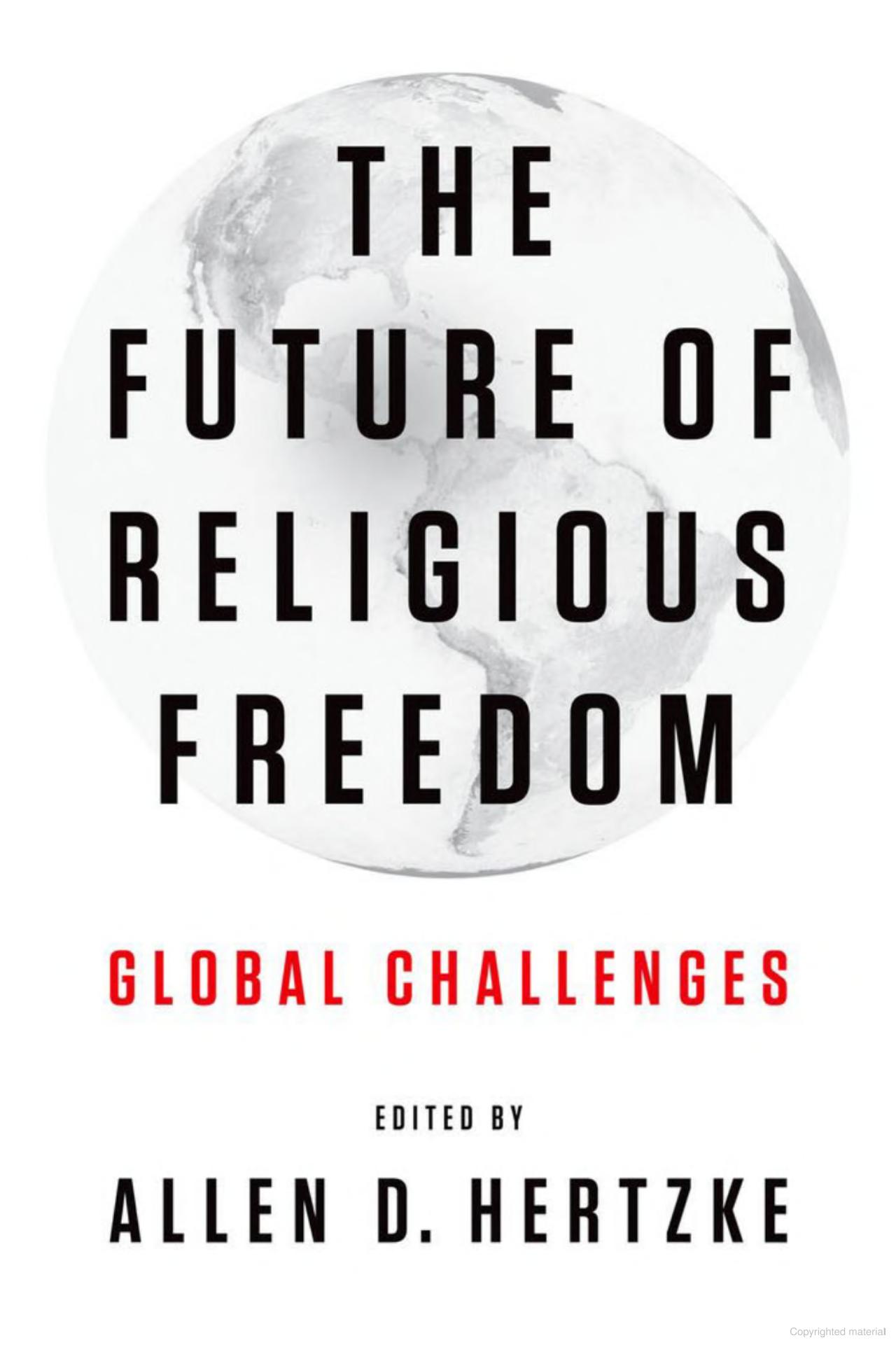This chapter seeks to recapture the classical tradition of Islamic jurisprudence that recognizes universal human rights irrespective of religious status, gender, place, or time. It shows how the loss of this tradition has resulted in a human rights dependency on the West and a lagging record of religious freedom and democracy in Muslim-majority countries. In contrast to the Shaffi doctrine that accorded civil rights by the state, the ancient Hanafi school emphasized human inviolability—and the innate rights that derive from it—as God-given, universal, and applicable to all societies from the beginning of time. The chapter traces the origins and development of this school of jurisprudence to demonstrate how it reflects the earliest and richest Islamic principles. In developing the doctrine of human inviolability, classic Islamic scholars emphasized axiomatic rights—such as life, freedom of worship, and property—as obligations on political authorities and limits on state power. This fostered a cosmopolitan jurisprudence that contributed to the flourishing of Islam's great civilizations and could aid in its rejuvenation in the modern world.

